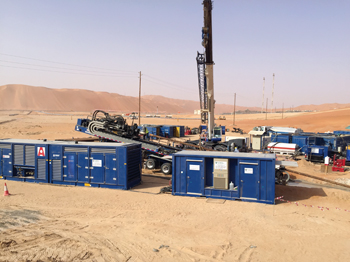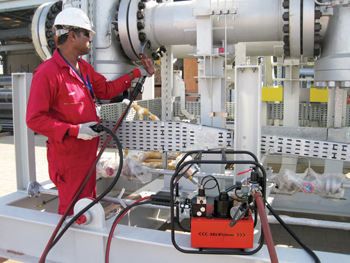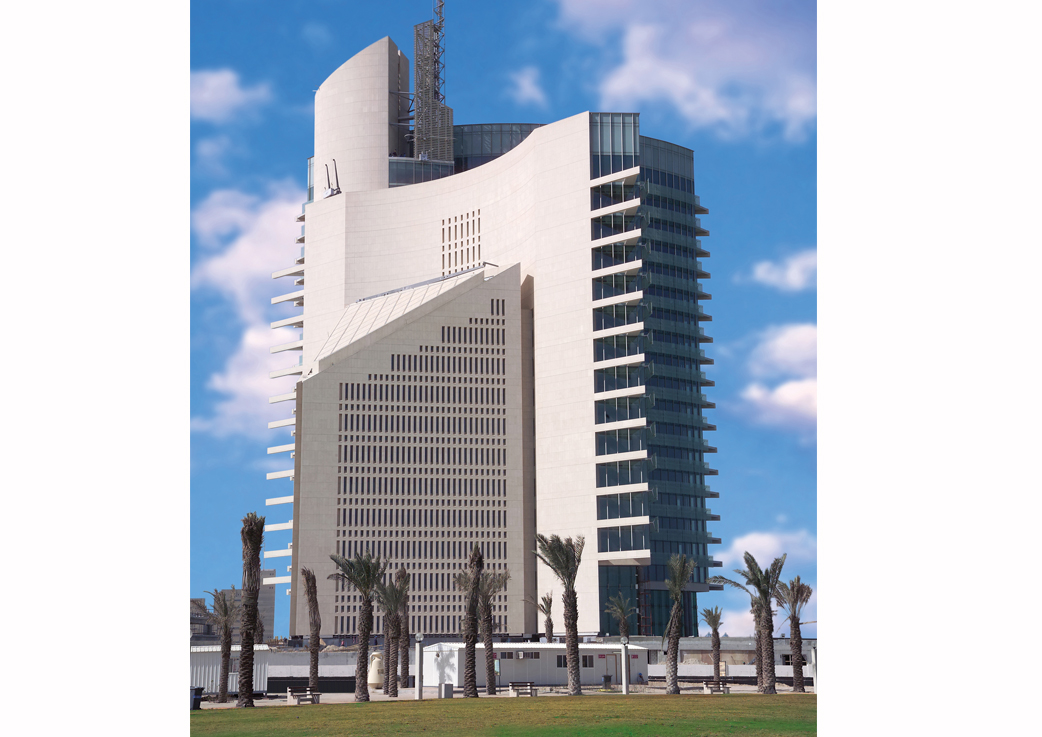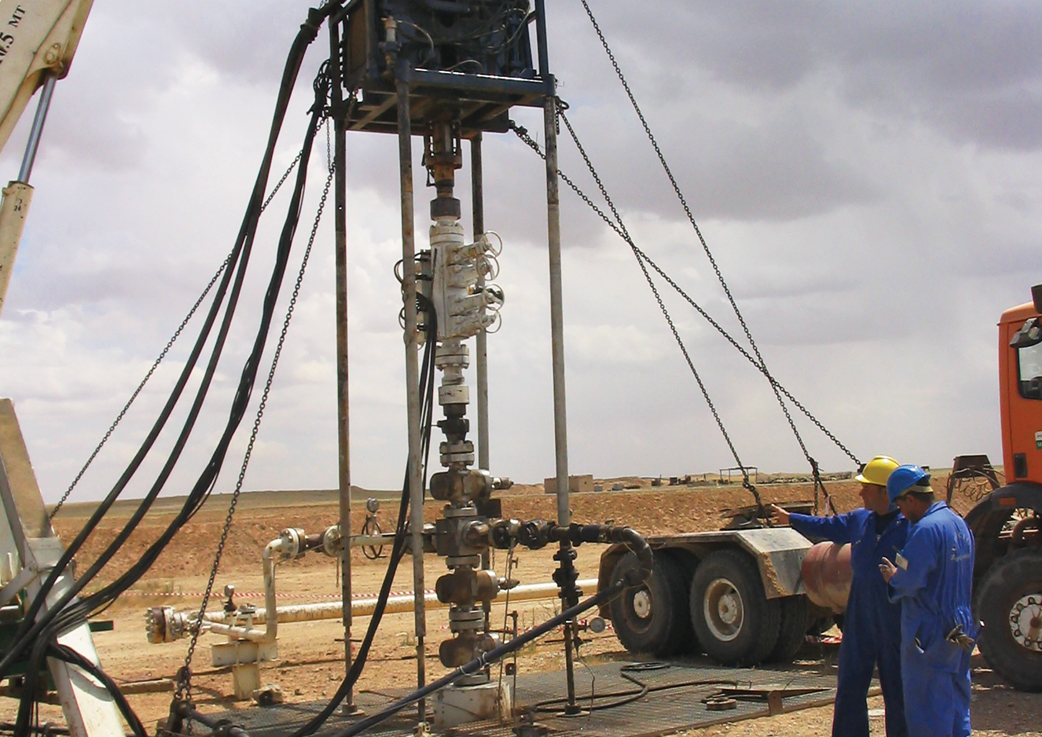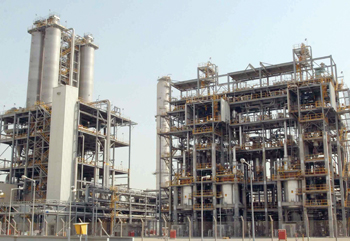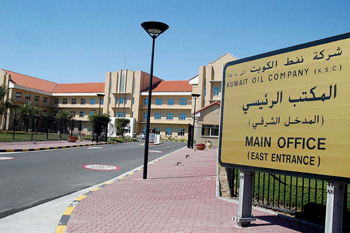
 KOC ... unlikley to achieve targets
KOC ... unlikley to achieve targets
KUWAIT oil officials have privately acknowledged the country won’t meet a goal of boosting oil-production capacity 25 per cent by 2020, people familiar with the matter say.
The delay points to the politics of a country where an elected parliament holds real power, and the constitution bans foreign ownership of natural resources.
It also could affect Kuwait’s effort to expand into Asian markets during the current period of relatively low oil prices – as well as its ability to profit should the price of crude rise again.
Oil exports from aging fields make up 60 per cent of the country’s gross domestic product.
Kuwait has made it a national priority to ramp up production capacity to 4 million barrels a day – from the current 3.2 million - to help it reach new markets. That would bring it on par with regional rivals like Iran, Iraq and the UAE.
But over the years Kuwait has faced delays on new projects, many of which have been blamed on political disagreements over contracts awarded to foreign companies. The National Assembly has often bucked the wishes of its prime minister, who is appointed by the emir.
Oil Minister Ali Al Omair said that his efforts were facing some delays but shrugged off concerns that it would miss its 2020 target. His ministry has embarked on a new campaign to bring big companies like ExxonMobil Corp, Royal Dutch Shell and others to Kuwait.
“We are facing some delays, but we are trying our best to meet our strategy,” Omair said.
Kuwaiti oil officials have in the past offered a loophole known as an enhanced technical service agreement, or ETSA, that allows foreign companies to provide technical knowledge, expertise and management for a fee.
BP, for instance, is working on a waterflood project to increase production in its largest oil field.
Kuwaiti politicians have raised questions about transparency and what the country gives up in return for foreign help. Though the current parliament is seen as allied with the prime minister, it could still cause problems.
“This raises a big question mark over those agreements,” said Khalid Sultan, a former member of parliament who has opposed the agreements. “The Kuwaiti people are quite knowledgeable and they will resist those deals even if the parliament allows them.”
Since 1975, when Kuwait nationalised its natural resources, foreign firms have been limited to contract work. In the past decade, Shell, BP and Total SA have entered into ETSAs with the Kuwaiti government, but they have been plagued by missed deadlines.
In 2011, the National Assembly began an investigation, still ongoing, into the Shell contract after claims that it was awarded without competition. A Shell spokesperson said the company respects the investigation and declined further comment.
Since then, foreign companies have been more hesitant to invest in Kuwait.
Robin Mills, head of consulting at Manaar Energy in Dubai, said “political interference in the parliament and infighting” had caused delays in Kuwait’s plans to ramp up production.
The Kuwait Oil Co, the state-owned production company, has said it expects less crude from two important fields-Ratqa and Jurassic-by 2020 than originally planned. A project to produce 270,000 barrels a day of heavy oil won’t reach full capacity by 2020, said the people familiar with the issue.
Kuwait’s state-owned oil companies didn’t respond to requests for comment.
Even with technical help from a company like Exxon, Kuwait won’t reach 4 million barrels a day by 2020, said Kamel Al Harami, a Kuwaiti independent oil analyst. He has argued that the country needs to change its constitution to allow big oil companies to own stakes.
“We don’t have the know-how or the technology,” Harami said. “We have to fully bring international oil majors to the country and Kuwait does not want to face the public with this reality.”
The Paris-based International Energy Agency said last year that the 2020 target was unrealistic “given the near total absence of development projects on the books”.



































































